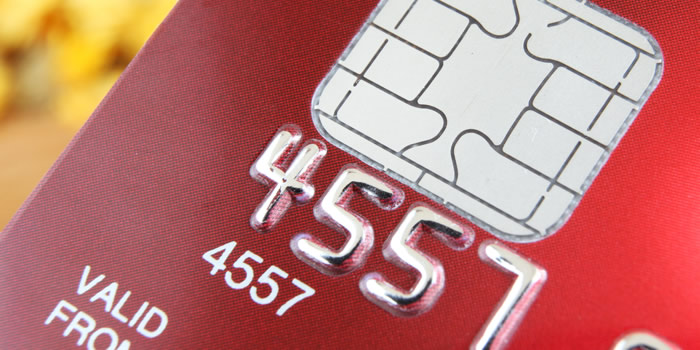3 Credit Card Tips for Starting the School Year Off Right
Posted August 29, 2016 in Credit Card Tips
With Labour Day, the unofficial end of summer and the beginning of the school year, less than a week away, it’s the perfect time to discuss credit cards. There a lot of things to look forward to going back to school – frosh week, reconnecting with friends and pub nights – but credit card debt isn’t one of them.
For many people, college or university is the first time signing up for a credit card. Getting a credit card can be a good thing, as long as you use it responsibly. Here are three top tips for getting the most out of your credit card in college or university.
Tip #1: Be Careful with Credit Cards
If you’re a college or university student, be extra careful with credit cards. There are many benefits for having a credit card, as long as you avoid the high interest. Understand that a credit card is a loan, and anything borrowed needs to be paid back. With credit cards charging 18 or 19 percent interest or higher, carrying a balance on your credit card can prove costly.
How do you avoid the credit card interest trap? By living within your means. Before you charge those new pair of sneakers or that “cute” purse on your credit card, ask yourself whether you’ll have enough money to pay off your credit card statement when it comes due. If the answer is no, you’re probably better off skipping the purchase. It can be tough to say no to impulse purchases, but when you think of your credit card like cash, it makes it a lot easier to avoid overspending.
Tip #2: Take Advantage of the Benefits
If you use your credit card responsibly, there are many benefits. A credit card is a great way to build your credit score. Length of credit history is one of the factors used in determining your credit score. The longer you have a credit account open and in good standing, the more it helps your credit score. If you plan to borrow money to make a major purchase like a home or car, building and maintaining a good credit score is crucial.
Credit cards are also a good way to manage short-term cash flow. Most credit cards have a 21-day grace period after your statement date. As long as you make your payment on time, use them to your benefit.
Another major benefit is consumer protection. If your credit card is fraudulently used, most credit cards have zero liability protection, meaning you’re not held responsible. Depending on your credit card, if you’re planning to go away on spring break, you might also be covered for travel insurance and vehicle rental insurance.
Tip #3: Read the Fine Print to Avoid Nasty Surprises
When you’re at a credit card kiosk on campus, probably the last thing on your mind is the credit card agreement. You’re probably more excited about the free t-shirt or coffee mug. But before signing up for a new credit card, take the time to read the fine print.
Ignorance is not an excuse. If you signed up for a credit card with balance protection insurance and you realize six months later, you’ve paid $300 in fees, it’s probably too late to get your money back. Pay attention when signing on the dotted line and don’t be afraid to ask questions about anything you don’t understand.
The Bottom Line
Credit cards are a powerful financial tool when used correctly. These are just some of our tips for getting the most out of your credit card. Be sure to visit our Education Centre for more helpful articles on using your credit card responsibly. Here’s to another amazing school year for students everywhere!




